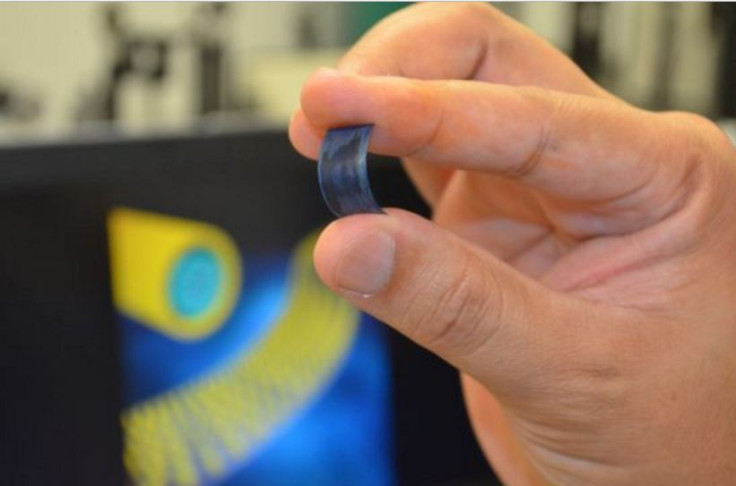New battery technology charges smartphones in seconds and lasts for a week
Scientists at the University of Central Florida are working to patent the new technology.

Scientists have developed a new process for creating a supercapacitor battery concept that can store more power and can be recharged more than 30,000 times. The method can be used in mobile phones, electronic gadgets and electric vehicles.
The new process is being developed by a team of scientists at the University of Central Florida's (UCF) NanoScience Technology Center. Research has shown that after around 18 months, current smartphone batteries degrade and start to lose power faster.
"If they were to replace the batteries with these supercapacitors, you could charge your mobile phone in a few seconds and you wouldn't need to charge it again for over a week," said Nitin Choudhary, who conducted the research.
Scientists have been exploring the usability of nanomaterial to improve supercapacitors that could replace batteries in electronics devices. But there is a problem, as a supercapacitor that can hold as much power as a lithium-ion battery, would need to be much larger.
"For small electronic devices, our materials are surpassing the conventional ones worldwide in terms of energy density, power density and cyclic stability," Choudhary said. Cyclic stability refers to the number of times a battery can be charged, drained and recharged before it starts to degrade.
A lithium-ion battery can be charged less than 1,500 times before it starts to degrade. The new process created by UCF in comparison can yield a supercapacitor that does not degrade after it has been recharged 30,000 times.
This method can yield high-capacity battery that could contain power 20 times longer than a standard lithium-ion battery, according to Engadget.
Yeonwoong "Eric" Jung, an assistant professor working with the NanoScience Technology Center and the Materials Science & Engineering Department, is working with the UCF team to patent the new process.
"It's not ready for commercialisation," Jung said. "But this is a proof-of-concept demonstration, and our studies show there are very high impacts for many technologies."
© Copyright IBTimes 2025. All rights reserved.





















